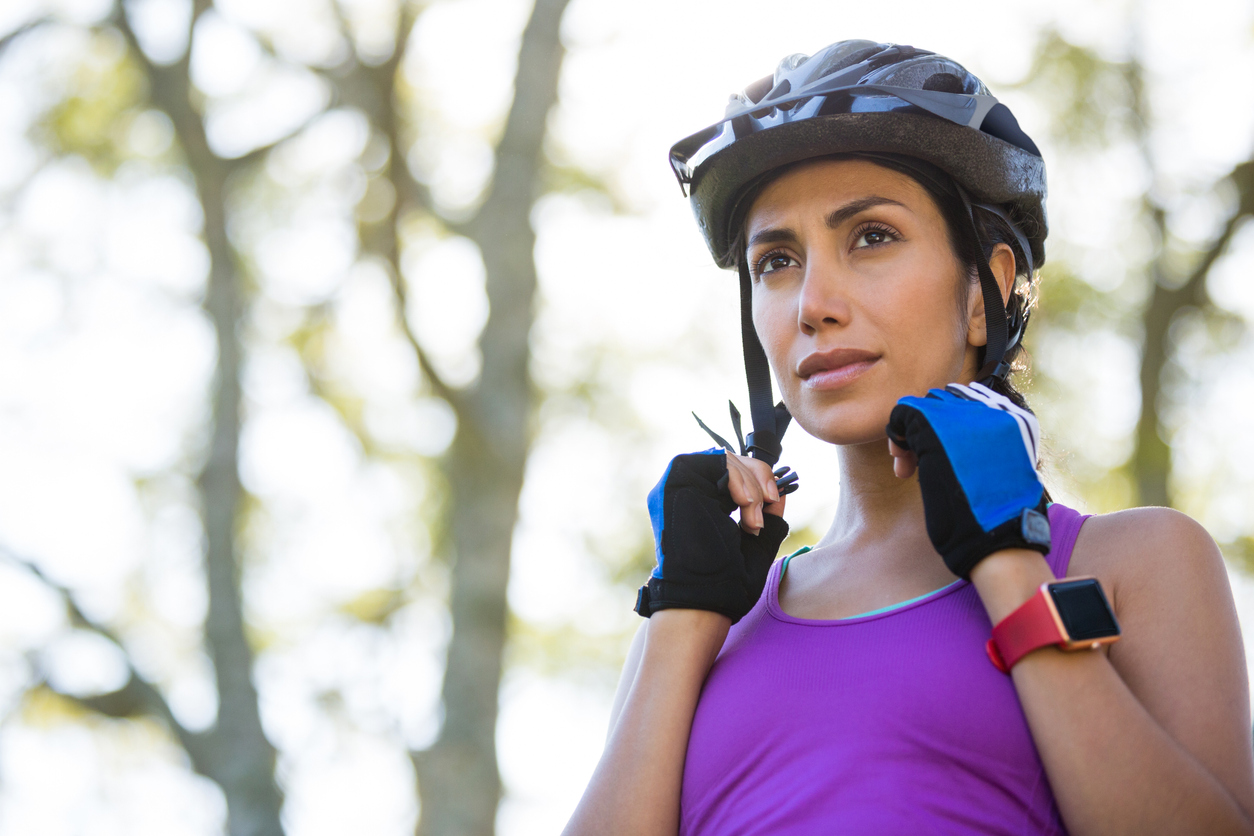There are many myths about bicycle helmets and bicycle safety. For example, some people think that the only danger cyclists face is from cars. One might be tempted to ask, “what’s a small plastic helmet going to do for you?”
There are some accidents, like a collision with a car, that could kill a cyclist even if they are wearing a helmet. However, we often underestimate how helpful bike helmets can be in preventing injury and death.
Bicycling has increased in popularity over the last decade, and an increased number of bike-related fatalities has resulted. In 2016, 12.4 percent of the U.S. population biked regularly. In the post-COVID world, that number is certainly much higher and will likely keep climbing.
In 2018, there were over 1000 bike-related deaths. Many of those were preventable deaths. The best way to prevent serious injury and death while riding a bicycle is by wearing a helmet. Around 54 percent of those who were killed in bike accidents in 2015 were not wearing a helmet.
Wearing a bike helmet can reduce your risk of head injury by an astounding 50 percent. When you add up these numbers, it becomes clear that there is a real safety benefit to wearing a bike helmet.
Which Bike Helmet Should I Wear?
While wearing a helmet is a good first step, it is also important to consider which type of helmet cyclists should wear. Unfortunately, not all bike helmets are created equal.
Virginia Tech University in conjunction with the Insurance Institute for Highway Safety has rated helmets for you. Their helmet rating database ranks over 100 different bike helmets and assigns a star value to them. One star is the poorest rating in terms of safety, and five stars is the best.
You can search the database for the helmet that meets your safety needs and your budget.
Why Education is Important
However, even the best bike helmet, improperly worn, might not save your life. That is why one of the key pieces of the Governor Highway Safety Association’s (GHSA) plan for reducing roadway fatalities is education. By educating cyclists about the importance of wearing a helmet properly, the GHSA and others hope to curb recent increases in bike-related fatalities.
Of course, helmets and education are only part of the solution. Cities and states also need to commit to making roads safer for bicyclists by increasing signage and the number of dedicated bike lanes. Some cities have begun to do this with great effect, and the hope is that the number of serious injuries and fatalities will begin to decrease soon.
The GHSA is also serious about the enforcement of traffic laws for cars and bikes. No states mandate that bicyclists must wear bike helmets. However, states and cities must make sure cyclists are following the rules of the road when it comes to stopping at intersections and biking in the appropriate lane.
When drivers pay attention to cyclists and cyclists wear a helmet, we can expect bike-related deaths to plummet. May that day come sooner rather than later.
If you were involved in a bicycle accident, you should contact an attorney to discuss whether you might be entitled to compensation for your medical bills, lost wages, and pain and suffering..


